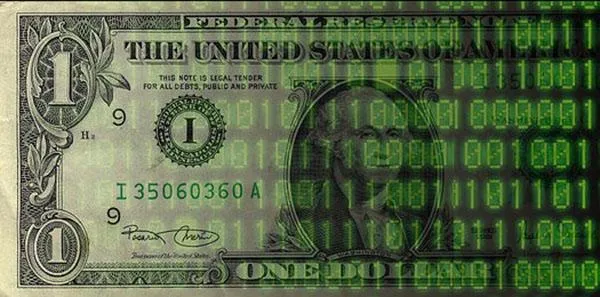Should Facebook pay its users?

At the NewYorker’sCurrency blog, Tim Wu examines the economics of social media. Most media, Wu notes, is paid for in one of three ways: “Some media are predominantly driven by payment (books, movies, and Netflix), others by advertisements (Google and broadcast television); while some rely on both (cable, newspapers, and magazines).”
Although Facebook currently uses users’ data for targeted advertising, the company is attempting a fourth model, predicting that in an increasingly digital world users’ personal information is valuable in itself. Given Facebook’s high market cap, Wall Street seems to be betting on it.
All of this leads Wu to wonder: if Facebook’s financial model relies on collecting data from its users and the company is worth $270 billion, why aren’t its users compensated for supplying that data? In short, he expects that part of the answer is the “ridiculous degree to which some people undervalue their personal data” and explains that as companies learn to commodify data, users must recognize what they’re giving away.
These two paragraphs sum up Wu’s point:
The trick is that most people think they are getting a good deal out of Facebook; we think of Facebook to be “free,” and, as marketing professors explain, “consumers overreact to free.” Most people don’t feel like they are actually paying when the payment is personal data and when there is no specific sensation of having handed anything over. If you give each of your friends a hundred dollars, you might be out of money and will have a harder time buying dinner. But you can hand over your personal details or photos to one hundred merchants without feeling any poorer.
So what does it really mean, then, to pay with data? Something subtler is going on than with the more traditional means of payment. Jaron Lanier, the author of “Who Owns the Future,” sees our personal data not unlike labor—you don’t lose by giving it away, but if you don’t get anything back you’re not receiving what you deserve. Information, he points out, is inherently valuable. When billions of people hand data over to just a few companies, the effect is a giant wealth transfer from the many to the few.
Read the entire piecehere.
Facebook Should Pay All of Us (New Yorker, Aug. 14, 2015)
CWA members oppose AT&T’s attempts to stop serving rural and low-income communities in California
CWA urges FCC to deny industry attempts to loosen pole attachment standards
CWA District 6 reaches agreement with AT&T Mobility



